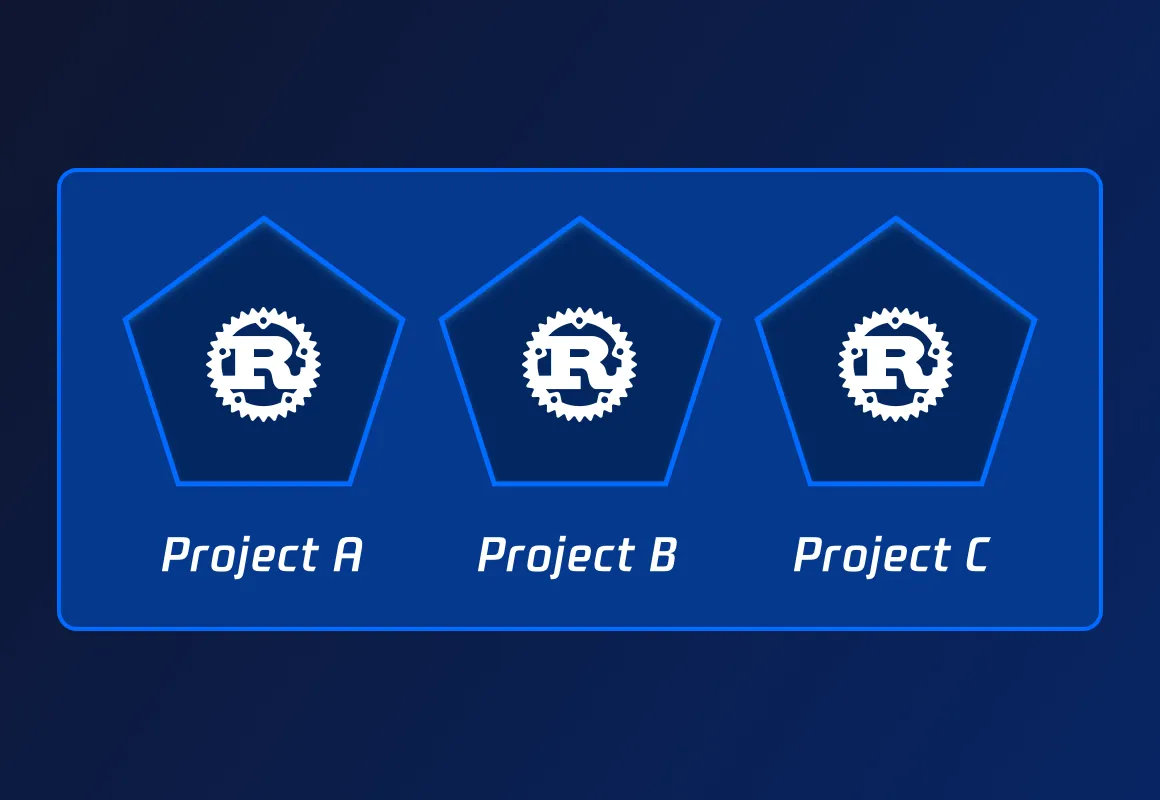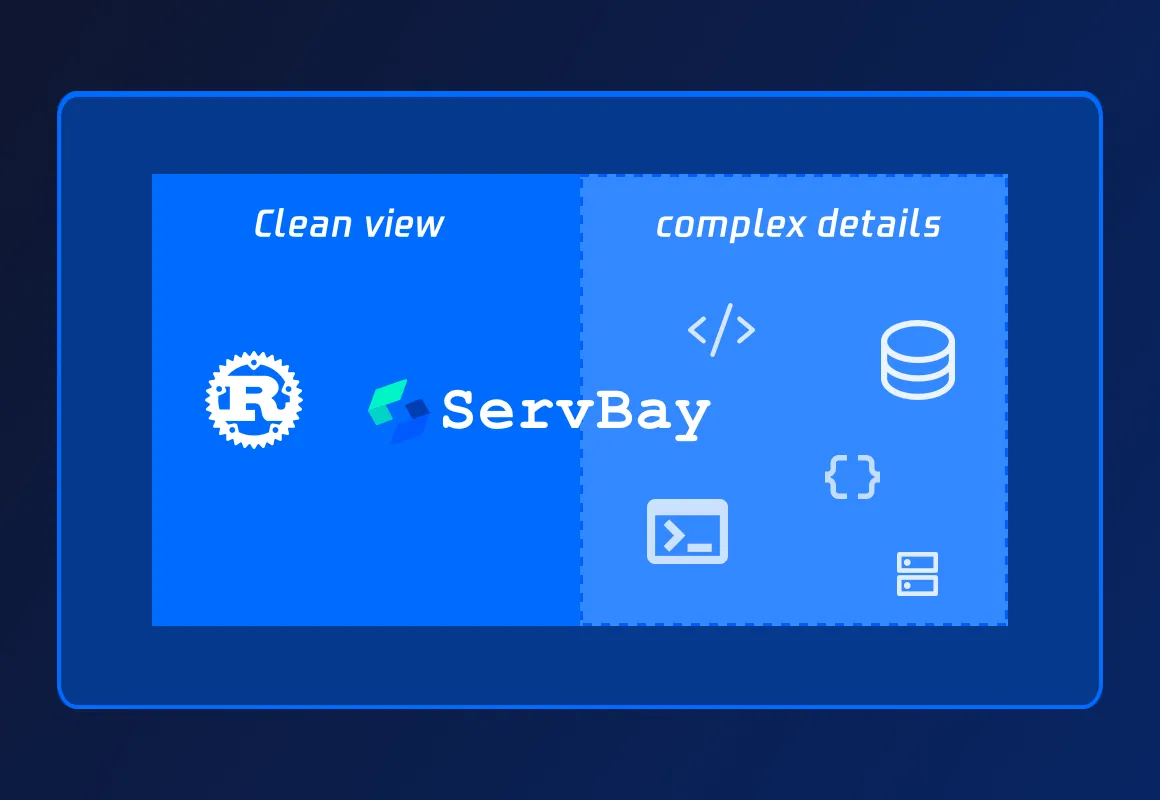Say Goodbye to Complexity, One-click Rust Environment Management







ServBay provides an intuitive graphical interface where you can install, view, and switch between different Rust toolchains with just a few clicks. Compared to rustup which requires memorizing and inputting command lines, ServBay is more user-friendly and intuitive, especially when managing multiple versions or frequently switching between projects, significantly saving time and reducing the possibility of errors.
Absolutely! This is ServBay's core value. Under ServBay's unified management, you can easily run backend services and APIs written in Rust, and have them seamlessly collaborate with PHP websites, Node.js applications, databases (like MariaDB, PostgreSQL), etc. ServBay manages these services' startup, ports, logs, etc., greatly simplifying local development and testing of full-stack applications.
Both ServBay and Docker/Docker Compose can achieve environment isolation and management, but they have different focuses and experiences. Docker/Docker Compose provides a general containerization solution that's very flexible and powerful, close to production environments, but has a steeper learning curve, requires some Docker knowledge for configuration and management, and consumes significant resources. ServBay, on the other hand, provides a graphical interface to manage pre-optimized services (like PHP, Node.js, databases, Redis, etc.) and Rust environments, offering stronger out-of-the-box usability and more intuitive operations. For developers who need to quickly set up local development environments including Rust and other common Web services, and prefer GUI management, ServBay can provide a lower entry barrier and higher daily management efficiency.
ServBay aims to provide near-native performance. It runs various services through optimized service management and underlying technology. For Rust projects themselves, compilation (cargo build) and running (cargo run) are still directly executed by your installed Rust toolchain, ServBay mainly handles environment management and service orchestration, with minimal impact on Rust code execution performance. Its goal is to optimize your development workflow efficiency, not sacrifice runtime performance.
